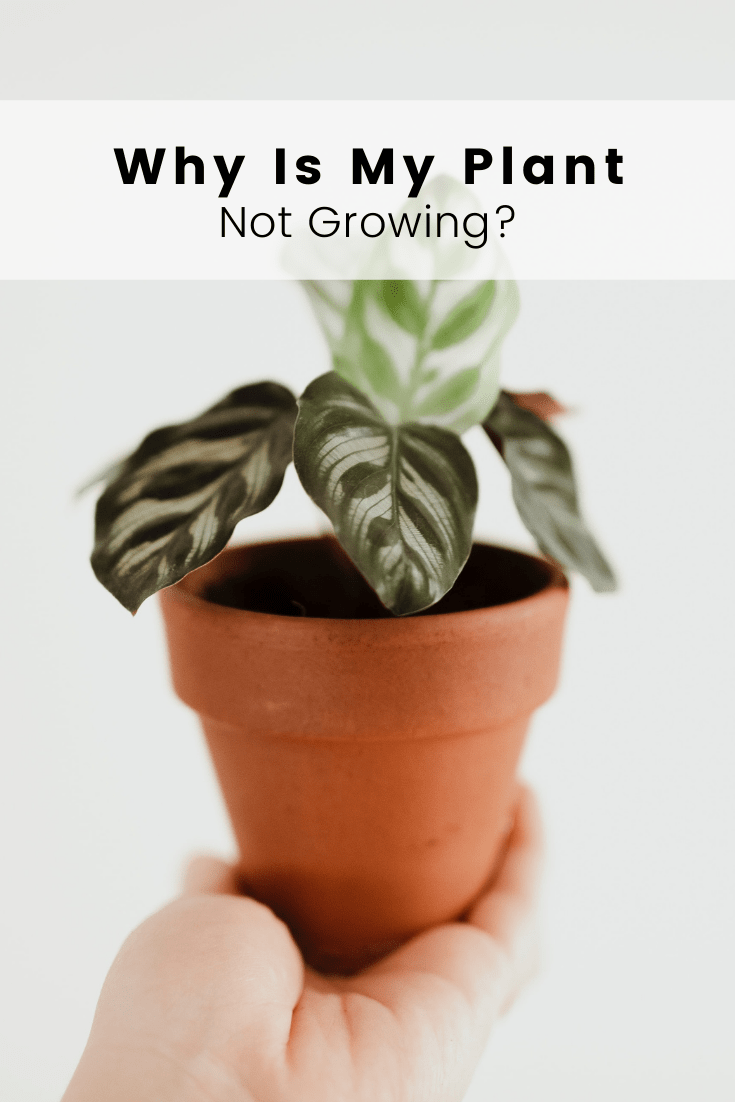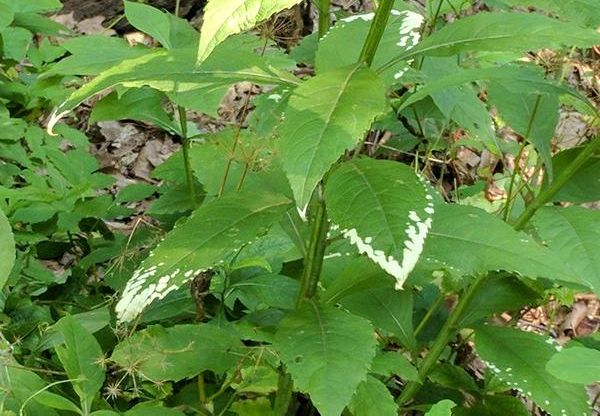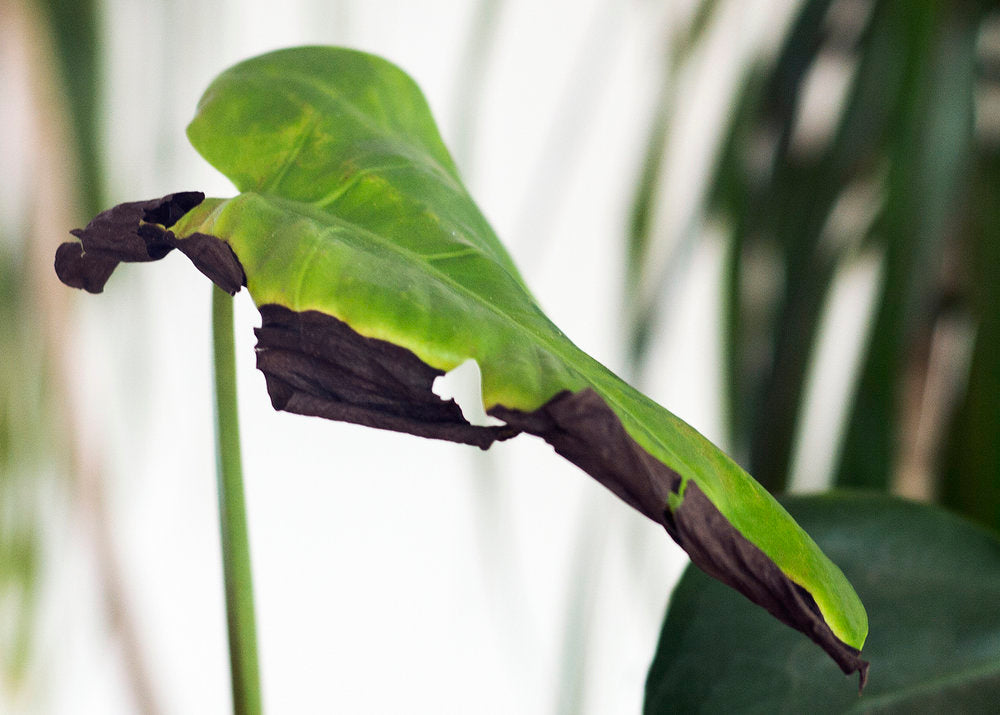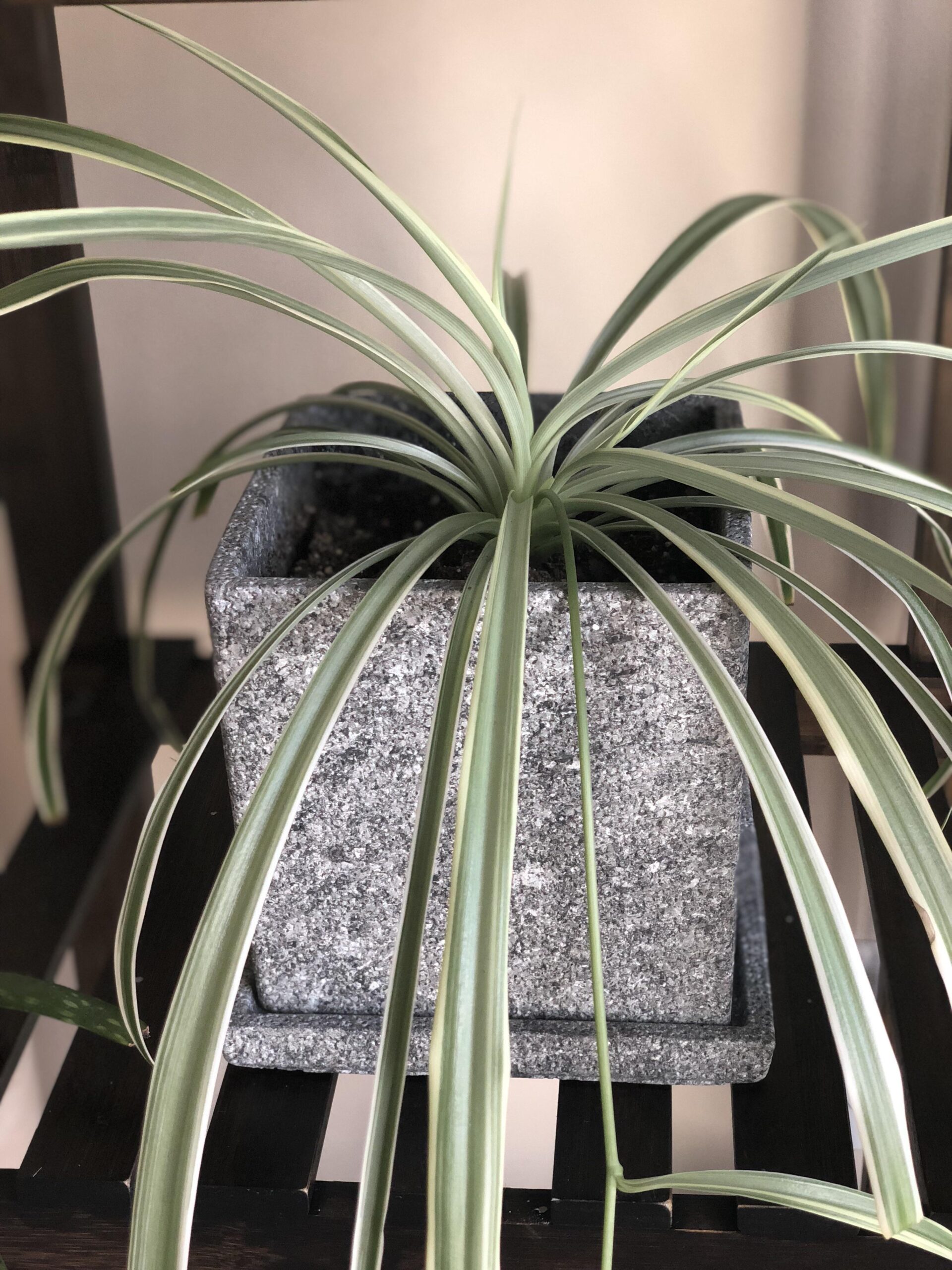Why is my plant not growing?
Having a plant that refuses to grow can be frustrating. There are many factors that can contribute to stunted growth in plants, but don’t worry – with a little bit of knowledge and care, you can help your plant thrive. Here are some common reasons why your plant may not be growing:
Lack of sunlight
Plants need sunlight to photosynthesize and grow. If your plant is not getting enough sunlight, it may become weak and stunted. Make sure to place your plant in a location where it can receive at least 6-8 hours of sunlight per day.
Improper watering
Overwatering or underwatering can both have negative effects on plant growth. Some plants like to dry out in between waterings, while others prefer to stay consistently moist. Do some research on your specific plant’s watering needs and adjust accordingly.
Poor soil quality
Plants rely on nutrients in the soil to grow. If your plant is not growing, it may be due to poor soil quality. Consider repotting your plant in fresh, nutrient-rich soil to give it a fresh start.
Lack of nutrients
In addition to soil quality, plants also need specific nutrients to grow. Make sure you are fertilizing your plant regularly with a balanced fertilizer to ensure it has everything it needs to thrive.
Pests or diseases
Pests and diseases can attack plants and hinder their growth. Inspect your plant regularly for any signs of pests or diseases, and take action promptly to treat the issue.
Root bound
If your plant is not showing any growth, it may be root bound. This means that the roots have outgrown the pot and have nowhere else to go. Repot your plant in a larger pot to give the roots room to spread and grow.
Extreme temperatures
Plants are sensitive to extreme temperatures. If your plant is not growing, it may be due to being exposed to temperatures that are too hot or too cold. Make sure to keep your plant in a location with stable temperatures to promote healthy growth.
Improper pruning
Pruning is important for promoting new growth in plants. If you are not pruning your plant properly, it may inhibit new growth. Learn the proper techniques for pruning your specific plant and regularly remove dead or damaged branches.
Stress
Plants can feel stress just like humans. If your plant is not growing, it may be due to environmental stressors such as drafts, overcrowding, or sudden changes in light or temperature. Try to create a calm and stable environment for your plant to help it grow.
By addressing these common issues, you can help your plant get back on track and start growing again. Remember that plants are living organisms that require care and attention, so be patient and observant as you work to help your plant thrive.



